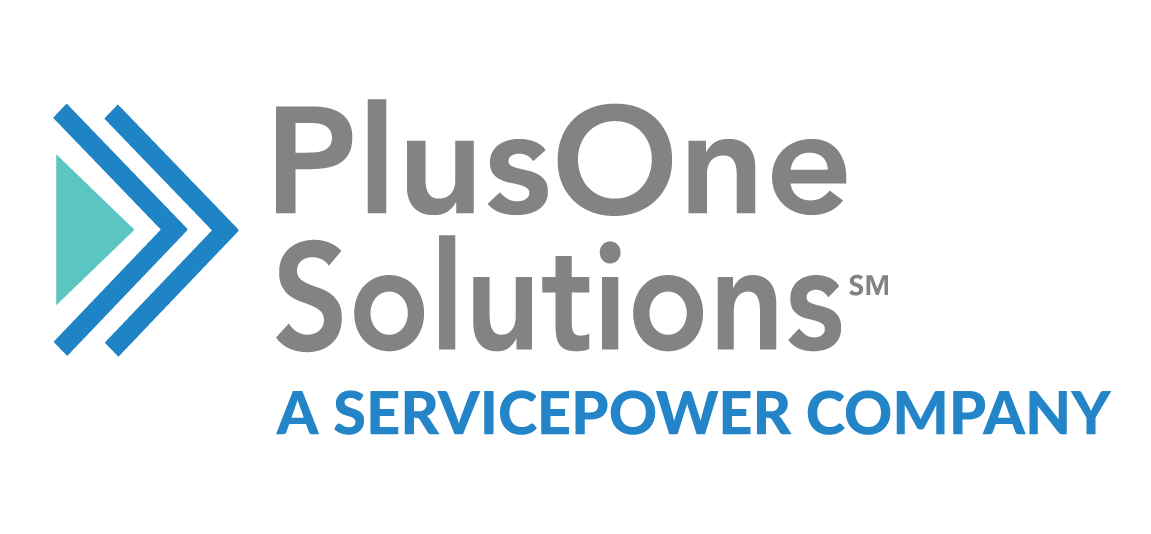Screening Developments
A recent Minnesota Supreme Court recognized a claim for the negligent selection of an independent contractor.
Companies in Minnesota that work with independent contractors should be aware of a new legal risk. In Alonzo v. Menholt, the Minnesota Companies operating in Minnesota might be held responsible for inadequately screening their independent contractors or their employees.
The Scenario
Two drivers hauling sugar beets crashed into each other on a rural Minnesota road. One of the drivers had a suspended license and several other blemishes on his driving record. The driver crossed the road’s centerline and seriously injured the other driver. That driver (the plaintiff) sued the other driver and his employer, Braaten Farms, for his injuries. Braaten Farms had not interviewed the driver, done a background check on him, reviewed his driving record, or done several other pre-employment screens when it hired him.
Takeaways
Minnesota’s recognition of a negligent selection of an independent contractor claim is not groundbreaking. The Minnesota Supreme Court found that a solid majority of states recognize such a claim.
Companies should consider independent contractors’ reputations before deciding to work with them. Companies may need to vet the independent contractors they work with, including employees of those contractors.
Like employee positions, companies should consider how dangerous and likely to cause physical harm the work is that independent contractors are doing, as well as how specialized it is. The more dangerous and skilled the work is, the more closely the company should investigate the contractor. Are they going into private homes, or are they on public roadways, does the work involve children or other vulnerable populations, is it a position of public trust? These are all different than a supervised internal call center employee.
And if something does go wrong, realize that saying “well, that wasn’t our employee” may not be a viable defense.
Los Angeles City and County Fair Change Initiatives

The City of Los Angeles Fair Chance Initiative for Hiring Ordinance (FCIHO) and the Unincorporated Los Angeles County Fair Chance Ordinance (ULAC) have several key differences. Here’s a comparative, but not exhaustive overview.
1. Coverage
- FCIHO: Applies to employers located within the City of Los Angeles and its neighborhoods.
- ULAC: Applies to employers with locations or employees in the unincorporated areas of Los Angeles County, including remote workers, freelancers, and others engaged in vocational training.
Timing Requirements
- FCIHO: Prohibits inquiries about criminal history until after a conditional offer of employment.
- ULAC: Expands this by prohibiting the question about criminal history until after the candidate receives a copy of their criminal history background check report.
Job Solicitations
- FCIHO: Requires job postings to state that qualified candidates with criminal histories will be considered.
- ULAC: Requires similar language but also mandates that job postings include a list of material job duties potentially related to the criminal history review.
Offer Letters
- FCIHO: Does not have specific requirements for the language in offer letters.
- ULAC: Requires that conditional offers state that the offer is contingent upon a review of criminal history and that the employer provides specific justification for why the review is necessary.
Prohibited Criminal History Information
- FCIHO: Aligns with California’s restrictions, including not inquiring about certain types of criminal records.
- ULAC: Adds more restrictions, such as prohibiting inquiries about convictions older than seven years. Diversions and deferrals, regardless of whether they have been completed and dismissed.
Individualized Assessments
- FCIHO: Requires an individualized assessment form for the assessment which is shared with the candidate.
- ULAC: Requires employers to provide the candidate with written assessments and allows the candidate to present additional information in response. No forms has been provided by the county
Preliminary Determination (Pre-Adverse Action) Notice
- FCIHO: Requires informing candidates of the prospective adverse action and providing various details about the criminal history report.
- ULAC: Requires mailing and emailing the notice, setting response deadlines clearly, and allowing candidates to present information through multiple methods (by phone, in person, or virtually)
Waiting Periods Between Notices
- FCIHO: Requires a five-business-day waiting period with additional time if the candidate disputes the accuracy of the information.
- ULAC: Also requires a five-business-day waiting period but provides fifteen additional business days if needed by the candidate.
- If an employer sends the notice through a format that does not provide a confirmation of receipt, then the notice is deemed received based on the method of delivery:
- five calendar days if mailed within California;
- 10 calendar days if mailed outside of California;
- 20 calendar days if mailed outside of the United States;
- two business days if emailed.
- deadlines to respond are calculated based on when the employer mails the notice, not when it emails the notice (because again, employers must always do both, if email is known).
Final Determination (Adverse Action) Notice
- FCIHO: Requires informing the candidate of the adverse decision and their right to challenge it.
- ULAC: Adds the requirement to inform candidates of their right to file a complaint with the Los Angeles County Department of Consumer and Business Affairs. Also need to include the written individualized reassessment.
Delays in Background Checks
- FCIHO: No specific provisions mentioned.
- ULAC: Prohibits withdrawing an offer solely due to delays in receiving background check reports unless the employer can demonstrate undue burden.
Posting Requirements
- FCIHO: Requires posting notice of rights at job sites.
- ULAC: Requires posting notice both at job sites and on websites frequently visited by applicants and employees.




